In 1536 the Spanish nobleman Pedro de Mendoza founded the city of Santa María del Buen Ayre on the banks of the Rio de la Plata River. Five years later it was abandoned after hostile attacks from the native people. Buenos Aires officially became a Spanish colony in 1580 when it was re-founded by the conquistador Juan de Garay.
In the 17th Century the city began to assume greater importance thanks to its port and easy access to the Atlantic Ocean. By the early 19th Century its commercial power was enough to attract the attention of the British. Spain’s power as an empire had declined to the point where it was unable to defend its colony, and militias organized by the city had to repel British troops twice, in 1806 and 1807.
It was the prelude to Argentina’s independence, declared in 1816. Ten years later, Buenos Aires became the capital of Argentina. A period of prosperity began and the Argentine government encouraged immigration. Soon Italian, German and Polish immigrants began to arrive. But Argentina’s economy was supported by foreign capital and was not insulated from global recessions. In the second half of the 19th Century, farmers were forced to sell their land and move to Buenos Aires. The city became overcrowded and jobs were scarce.
Tango, a form of dance that expressed immigrants’ melancholy, grew in popularity during these times. Civil unrest turned violent in 1919 when a workers’ strike, remembered as the Semana tragica, or “Week of Tragedy,” ended with hundreds of demonstrators killed by the army. The city showed signs of recovering. Over the subsequent decades grand, European-style buildings, wide modern boulevards and a subway were all built.
In 1946 Colonel Juan Domingo Perón came to power, with his wife Evita Perón at his side. His populist politics revived hopes of an economic recovery, but in 1955 Perón was removed in a coup d'état.
Decades of economic instability followed. Military and civilian regimes took power one after the other, into the early 1980s. Buenos Aires grew and sprawled, swallowing its suburbs and becoming unable to provide basic services to its inhabitants.
Democracy returned in 1983. The government enacted new reforms, and Argentineans began to nurture hope for the future. But their country remained fragile.When a new economic slump brought Argentina to its knees in 2001, the people of Buenos Aires voiced their discontent by beating saucepans. Today, after years of recession, the city has begun to recover its spirit.
In the 17th Century the city began to assume greater importance thanks to its port and easy access to the Atlantic Ocean. By the early 19th Century its commercial power was enough to attract the attention of the British. Spain’s power as an empire had declined to the point where it was unable to defend its colony, and militias organized by the city had to repel British troops twice, in 1806 and 1807.
It was the prelude to Argentina’s independence, declared in 1816. Ten years later, Buenos Aires became the capital of Argentina. A period of prosperity began and the Argentine government encouraged immigration. Soon Italian, German and Polish immigrants began to arrive. But Argentina’s economy was supported by foreign capital and was not insulated from global recessions. In the second half of the 19th Century, farmers were forced to sell their land and move to Buenos Aires. The city became overcrowded and jobs were scarce.
Tango, a form of dance that expressed immigrants’ melancholy, grew in popularity during these times. Civil unrest turned violent in 1919 when a workers’ strike, remembered as the Semana tragica, or “Week of Tragedy,” ended with hundreds of demonstrators killed by the army. The city showed signs of recovering. Over the subsequent decades grand, European-style buildings, wide modern boulevards and a subway were all built.
In 1946 Colonel Juan Domingo Perón came to power, with his wife Evita Perón at his side. His populist politics revived hopes of an economic recovery, but in 1955 Perón was removed in a coup d'état.
Decades of economic instability followed. Military and civilian regimes took power one after the other, into the early 1980s. Buenos Aires grew and sprawled, swallowing its suburbs and becoming unable to provide basic services to its inhabitants.
Democracy returned in 1983. The government enacted new reforms, and Argentineans began to nurture hope for the future. But their country remained fragile.When a new economic slump brought Argentina to its knees in 2001, the people of Buenos Aires voiced their discontent by beating saucepans. Today, after years of recession, the city has begun to recover its spirit.
RELATED


VODKA


DUBAI


JAPANESE CUISINE
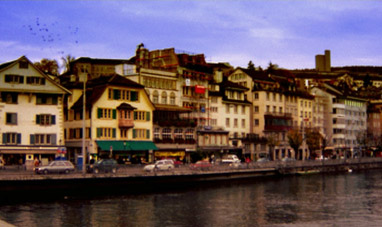

ZÜRICH
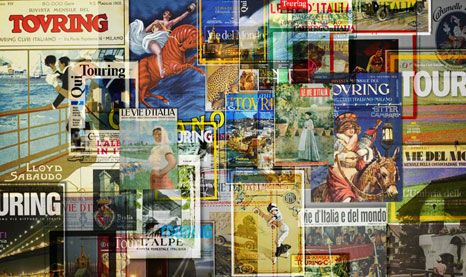

ITALIAN TOURING CLUB
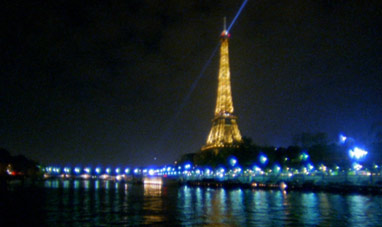

PARIS


HAGIA SOPHIA
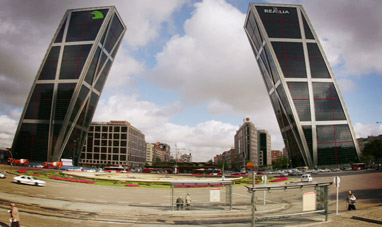

MADRID
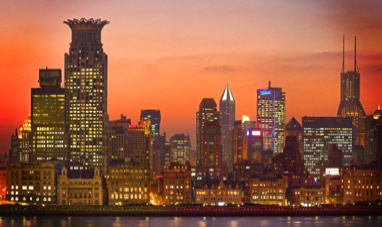

SHANGHAI


RIO DE JANEIRO


KOREAN CUISINE


AMSTERDAM


MAYAN MONUMENTS: UXMAL, TIKAL AND PALENQUE
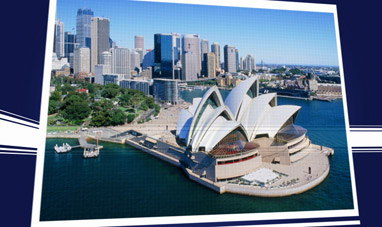

SYDNEY OPERA HOUSE


MOSCARDINI WITH PEAS


EGYPTIAN CUISINE


RABBIT ALLA CACCIATORE
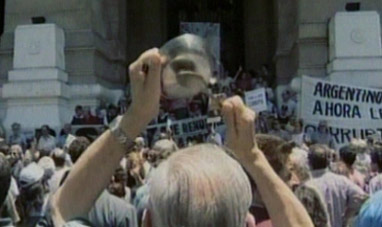

THE 2001 ARGENTINE ECONOMIC CRISIS
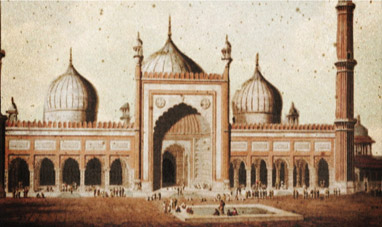

NEW DELHI


PASTA CACIO E PEPE
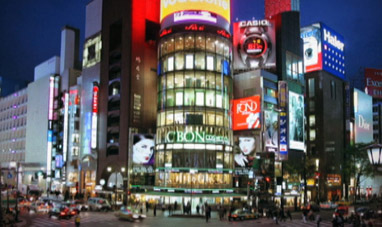

TOKYO


SHEPHERD'S PIE


SPANISH CUISINE


MOUSSAKA
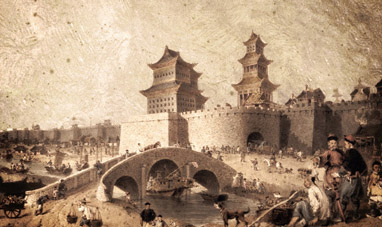

BEIJING


SCALOPPINE IN WHITE WINE SAUCE


THE PANAMA CANAL


BAVARIAN CUISINE


COCONUT DELIGHTS


CHOCOLATE SALAMI


LONDON
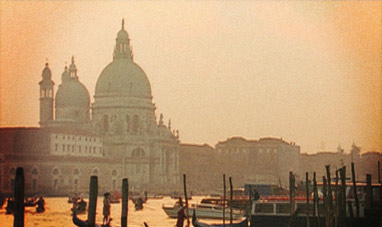

VENICE


ROMAN-STYLE ARTICHOKES


CARIBBEAN CUISINE


THE ACROPOLIS IN ATHENS


BRAZIL
